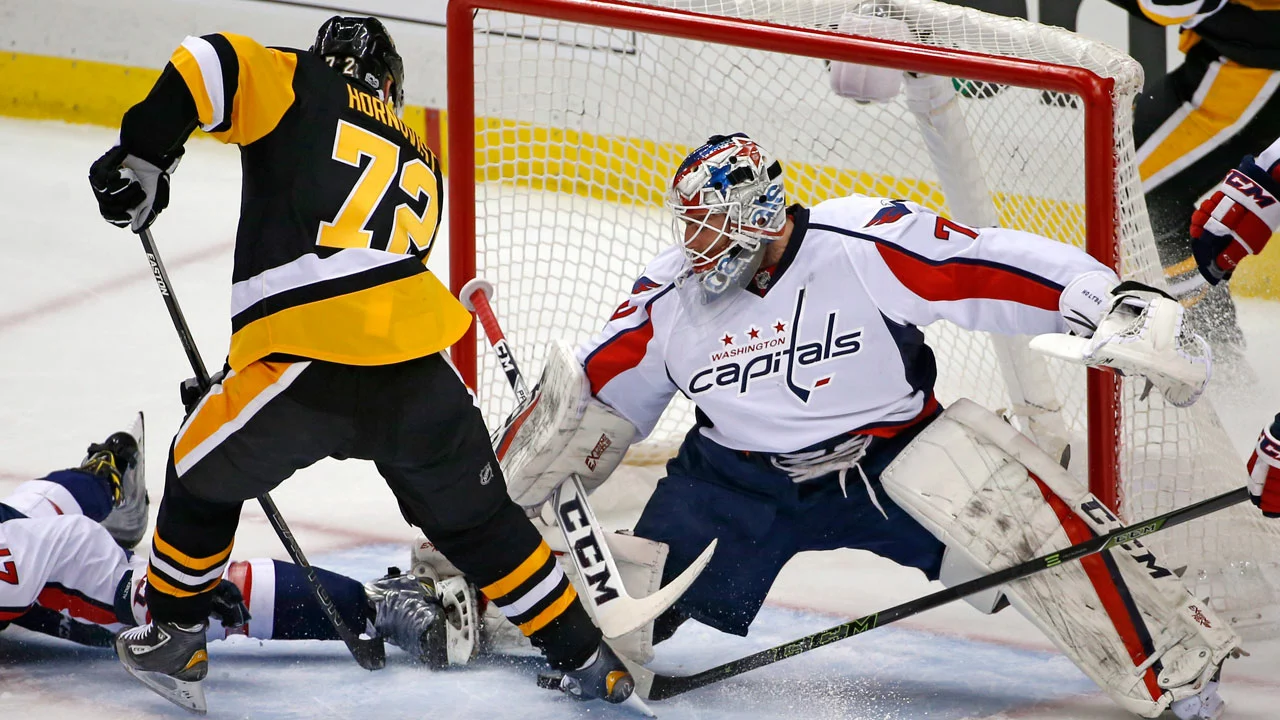
Understanding the Basics of NHL Points System
The National Hockey League (NHL) has a unique points system that can be quite confusing for newcomers. In this section, we will delve into the basics of how points work in NHL. The league awards points based on the results of each game. A team that wins in regulation time earns two points, while the losing team gets zero. If a game goes into overtime or a shootout, the winning team still gets two points, but the losing team also gets a point for the hard-fought battle. This system encourages teams to push for a win, rather than settling for a draw.
Point Allocation in Regular Time Wins and Losses
In the NHL, the points system is straightforward when it comes to regular time wins and losses. The team that wins the game within the regulation 60 minutes is awarded two points. On the other hand, the losing team does not receive any points. This clear-cut system adds an exciting element to the game, as teams are always striving to secure the maximum points from each game.
Understanding Overtime and Shootout Wins
The NHL’s points system becomes a bit more complex when games go into overtime or a shootout. If a game is tied after the regulation 60 minutes, it goes into a 5-minute overtime period. If the game is still tied after overtime, it proceeds to a shootout. Regardless of whether the win comes in overtime or a shootout, the winning team is awarded two points - the same as a regulation win. But here's the twist - the losing team also receives one point as a sort of consolation prize.
The Role of Points in Playoff Qualification
Points play an integral role in the NHL's playoff qualification process. At the end of the regular season, the teams with the highest points in each division qualify for the playoffs. This makes every single game crucial, as each point can make a difference in the standings. For teams on the playoff bubble, those extra points earned from overtime and shootout losses can be invaluable.
NHL Tiebreaker Rules
With the NHL's point system, it's quite common for teams to end the regular season with the same number of points. When this happens, the league uses a series of tiebreaker rules to determine the standings. The first tiebreaker is the number of wins in regulation and overtime (excluding shootout wins). If still tied, the league looks at the points earned in games between the tied teams. If a tie still exists, the decision comes down to the goal differential.
Controversy Surrounding the Points System
The NHL's points system has not been without controversy. Critics argue that awarding a point for an overtime or shootout loss creates an unfair advantage for some teams. In this section, we will explore these criticisms and the arguments for and against the current system.
Proposed Changes to the Points System
Over the years, there have been several proposed changes to the NHL's points system. Some suggest adopting a system similar to international hockey, where a regulation win is worth three points, an overtime or shootout win is worth two, and an overtime or shootout loss is worth one. Others propose eliminating the point for an overtime or shootout loss altogether. In this section, we will discuss these proposals and their potential impact on the game.
Comparing the NHL Points System with Other Leagues
The NHL's points system is quite different from those in other major sports leagues. For example, in the NBA and NFL, teams receive a win or a loss, with no points awarded for losing in overtime. Meanwhile, in Major League Soccer, a win is worth three points, a draw is worth one, and a loss is worth zero - much simpler than the NHL's system. In this section, we will compare the NHL's system with those of other leagues.
Understanding the Impact of the Points System on Game Strategy
The NHL's points system has a significant impact on game strategy. Coaches and players must consider whether to push for a win in regulation, risk going to overtime for the extra point, or play it safe and secure at least one point. This makes for exciting, strategic gameplay, especially as the season nears its end and the playoff races heat up.